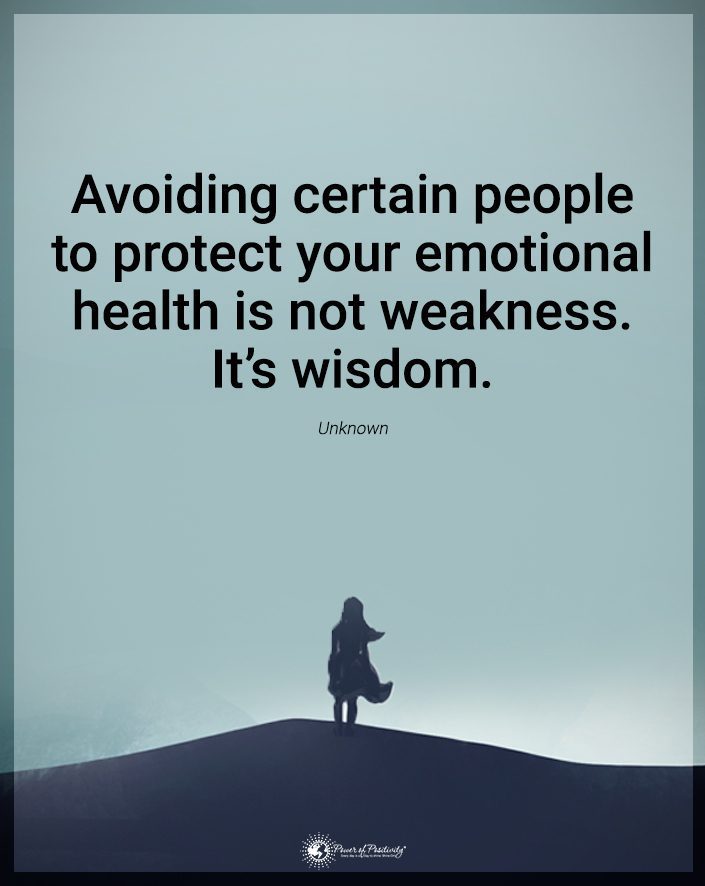Relationships are not just about how the other person treats you. They are about regulating your emotions and being rational and calm. Of course, you already know that, but it’s important to remember it from time to time. Sometimes, we get too caught up in how our partners treat us and ignore emotional intelligence. Given that we are humans, we are also likely to act impulsively and in ways that we’ll regret later. Not having our emotions in check can be detrimental to all relationships, especially romantic ones.
At the base of all happy and healthy relationships lies communication and understanding. When people act impulsively, they don’t stop to think. They don’t try to have a conversation or listen to what the other has to say. A relationship in which this is how people act has no future. You’ll only end up hurting your partner if you don’t learn how to regulate your emotions. In the worst case, you’ll end up in a very toxic relationship that’s bad for both of you.
In the best case, you’ll break up before you can emotionally destroy each other. As you can probably tell, neither of these options seems too good. Ideally, you could work through your issues like adults and reach a solution that works for you. And you can only do that if you learn to manage your emotions.
How Does a Happy Relationship Look Like?
Before regulating your emotions, you need to understand a healthy relationship. This is so that you know what you are aiming towards. While regulating your emotions is essential, that will not solve every issue in your relationship. If your relationship is fundamentally toxic, no amount of emotional regulation will fix it.
In most cases, your issue won’t be having a toxic relationship. If that’s the case, your best solution will be to leave your partner and look for something better. If you are dealing with any form of abuse, contact someone who can help you get out of that situation. But if you’re struggling with a lack of communication, you would gain from learning to regulate your emotions.
You need to aim for a relationship in which conversations are always calm and rational. It’s not that you should avoid fights at all costs, as that’s impossible. But, when you inevitably fight, you must make sure you can talk things through. Make sure that your fights are about a particular issue, never about trying to tear the other down. Don’t throw dirt at each other, no matter how much you’d want to or how good you feel in the moment. More concisely, ensure you fight the problem instead of fighting each other.
Another important factor is making sure that you can enforce healthy boundaries. These boundaries protect your feelings, wants, and needs–and those of your partner. All healthy relationships start by having a conversation and talking through things that could potentially become issues. This ensures you never do something that triggers the other person without even knowing you’re triggering them. It also allows you to grow as an individual while caring for your partner and your relationship.
4 Tips for Regulating Emotions for Happier Relationships
So, how exactly do these factors relate to you regulating your emotions? Well, if you suppress your emotions or do whatever you like, you’ll never have such a relationship. To get the motivation to start regulating your emotions, you need to know what kind of relationship you are aiming for. You also need to know that if you are in a toxic relationship, you’ll never be able to regulate your emotions.
1. Improve Your Emotional Intelligence
Regulating your emotions means being able to improve your emotional intelligence. Emotional intelligence (EQ) represents your ability to understand and manage emotions. Someone with a higher EQ is more in tune with their emotional side, which gives them some life benefits. They are the people who are more empathetic and communicate better.
It even helps you diffuse tense situations and sometimes avoid conflict altogether. Some people are born with a higher EQ. But the EQ level doesn’t stay consistent throughout your whole life. You can improve it if you make an effort to work on yourself. If you manage that, you can easily start regulating your emotions.
There are four pillars you need to work on if you want to improve EQ. The first is self-management, mostly about controlling impulsive feelings and learning to be adaptable. This is best done through stress management, as impulsiveness is often dictated by how much pressure you feel. The second pillar is self-awareness, which is understanding how your emotions affect your behavior. This is best developed through introspection.
The third pillar is social awareness, which is all about empathy. In this area, the best way to improve is by paying attention to other people and always asking them what they need. At first, you might not relate to how they feel, but after talking to them, you’ll start to empathize. Lastly, there’s relationship management, which is about how you develop and maintain connections. To improve this pillar, you must improve your communication skills.
2. Managing and Regulating Your Stress
Stress management is essential for regulating your emotions. The more stressed someone is, the more impulsive they’ll be. When people are under pressure, they are likely to snap at the people they love for no reason. And they tend to escalate any minor issue into full-blown fights.
To manage stress, your best bet is to eliminate the stress source or use stress-relieving techniques. If your job is too demanding, you can consider a demotion if that means working less. Or maybe the job is not the problem, but instead of taking care of a pet alone. In that case, you might need to use a pet sitter from time to time.
But if you can’t eliminate the stress from the source, you need to find ways to relieve it. One of the best things you can do is use breathing exercises. They are very effective and can be used anytime, in any setting. The easiest technique requires standing still, keeping your eyes closed, and breathing. Inhale slowly, taking four breaths in, and exhale slowly, with four breaths out.
Do this for a few minutes, and you’ll start feeling much calmer. When you are calm, you can be rational and regulate your emotions. So, breathing exercises are something you can do when fighting with a partner. If you are irrational, take a moment to breathe, and you’ll be able to get a hold of your emotions.
3. Meditate
Regulating your emotions is related to how well you know yourself. Knowing what makes you tick and how your emotions affect you can control yourself better. But it’s not that easy to understand all your emotions. Sometimes, you need to look inward and get to know yourself.
Meditation is the best way to reflect and understand who you are. It’s a technique that has been used for thousands of years and is still very popular. But don’t confuse meditation with breathing exercises because they are very different. Meditation aims to allow you to get in touch with everything that’s going on inside your body and brain.
To meditate, you must find a quiet environment and close your eyes. Allow yourself to feel everything going on with you and around you. When you meditate, the aim is to become one with your body and thoughts. You realize every signal that your body is sending you. If something hurts, you’ll feel it. You’ll be aware of it if you need something, like food or water.
But you’ll also have the opportunity to get in touch with all your thoughts. This is the moment in which you can understand what mindset you are in and how it affects your feelings. This way, you can understand where your emotions come from and how they manifest. Meditation makes you more mindful, thus regulating your emotions.
4. Accept Your Emotions and Communicate
Every healthy relationship is based on the ability of the partners to communicate and help each other navigate challenging times. And part of that is being able to communicate your feelings. Regulating your emotions will be much easier if you allow your partner to help you. They can’t manage your emotions if they don’t understand what’s happening with you. You’ll avoid most conflicts by telling them that you are struggling. Instead, the focus will be on helping you manage your emotions.
But that’s not possible unless you accept your emotions. Often, people deny that they feel a certain way, which means they can’t be helped. You need to reflect and understand how you feel to solve that issue. There’s no shame in being angry or sad. But it’s terrible if you act irrationally because of those feelings. Allow yourself to feel your emotions to the fullest extent. One trick you can use is writing your thoughts down. This way, you can keep track of everything. When you see those words written down, it’s easier to accept your thoughts and feelings.
Final Thoughts on Regulating Emotions for Happier Relationships
Being in control of your emotions is essential if you want to have a healthy relationship. But regulating your emotions is easier said than done. Still, you just need to learn a few tips to get closer to your goal. You need to make sure you learn about emotional intelligence so you can improve it. A higher EQ alone will take you closer to being calm and rational. But you also need to manage your stress to stop being impulsive.
You could try meditation to get more in tune with your feelings. Once you understand where they come from and how they manifest, you can easily change them. Slowly, you’ll be able to take all negative emotions, regulate them, and become calm and rational. Don’t be scared to communicate with your partner and ask them for help. Accept your feelings and let them know you need guidance to learn to manage them. This will help you have happier, healthier relationships.




















